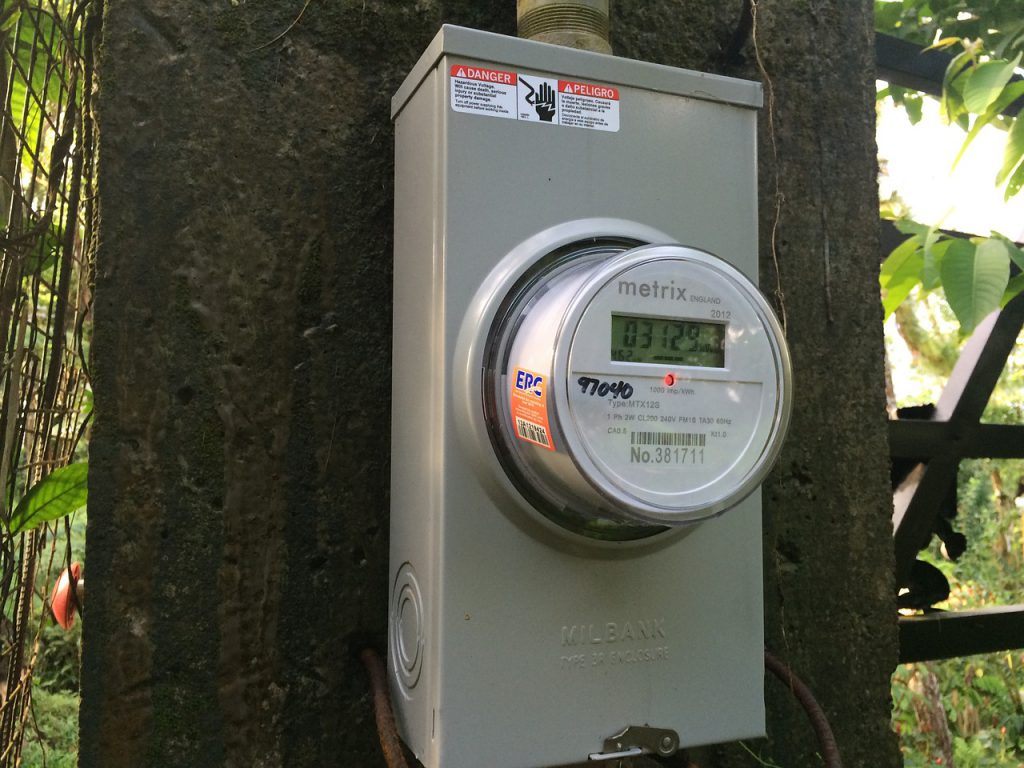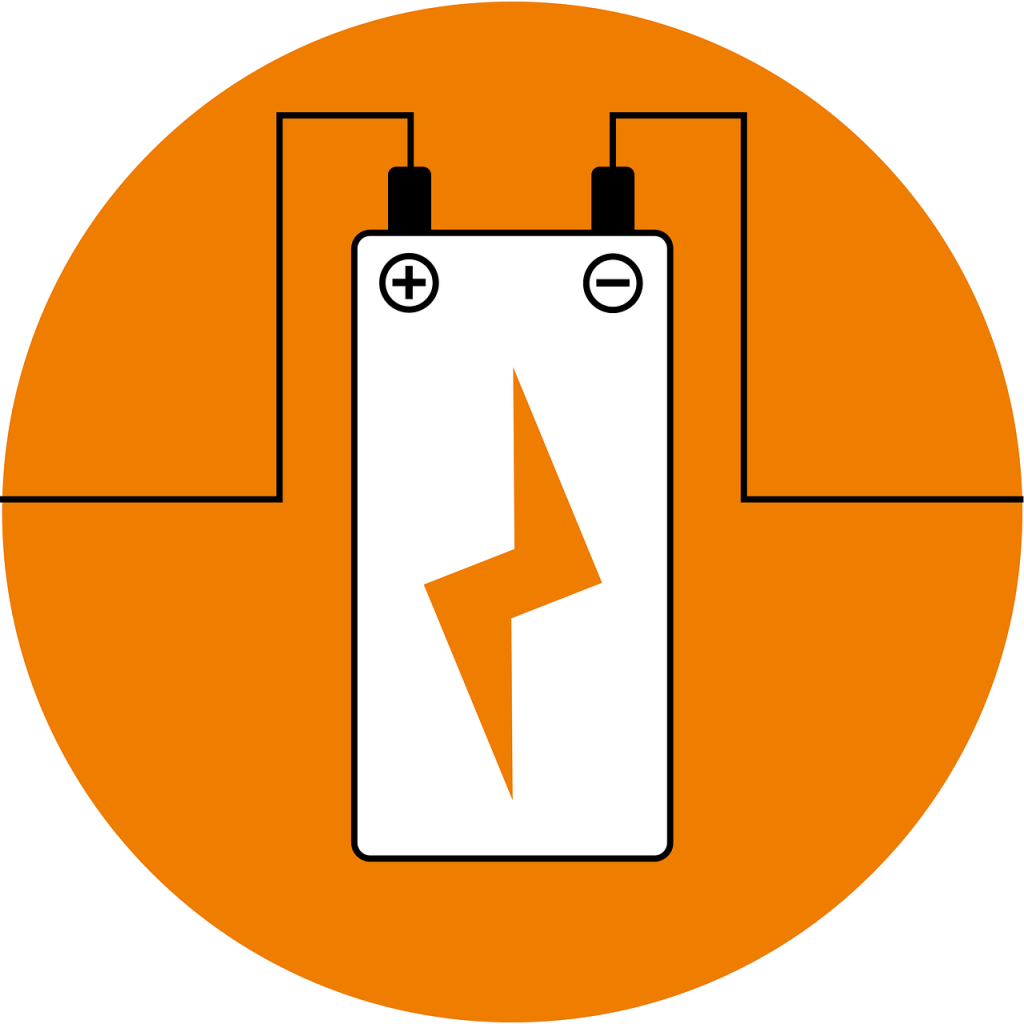Solar panel systems come with many advantages, and there are also many financial incentives available to make it easier to get a system. One of these incentives is called net metering, which is a billing mechanism that allows you to earn money for any extra electricity your solar panel system produces. But, while you can choose to sell this extra electricity back to the utility grid so it can power other homes and businesses, you can also choose to store it in solar batteries so you have backup power when you need it. So, the question is: if you decide to have solar batteries, can you still benefit from net metering?
Types of Net Metering
Depending on the state you live in, some utility companies offer different net metering options that will allow you to earn varying amounts of money each month when you sell your unused electricity back to the grid. There are 3 different types of net metering:

- Full retail net metering– With this type of net metering, your utility company will value the extra energy at the full retail rate of electricity, which means you’ll be paid the amount that non-solar residents pay per kilowatt-hour for their electricity.
- Avoided cost net metering– If you have this type of billing, your utility company will pay you back with the amount of money that they saved by not having to provide you with electricity, which is lower than the retail rate.
- Time-of-use net metering– In this case, your extra energy will be bought back when it is used, meaning if your electricity is bought during peak hours, you’ll get more money for it.
Solar Batteries Explained
Solar batteries are hooked up to your solar panels and absorb any of the excess energy that your household doesn’t end up using; the stored energy can then be used for times when your system is not producing energy, such as at night and during power outages. These batteries are necessary for off-grid systems because, when you have this type of system, you rely solely on the sun’s energy and cannot use the utility grid as a backup; however, you can also opt to purchase a solar battery if you have a grid-tied solar energy system, in order to have a backup power source in case the grid is down.

There are many different brands and models of solar batteries to choose from, which can cost anywhere from $200 for a 1.2 kWh battery to $30,000 for a 13 kWh battery – how much you spend will depend on how much storage you would like for your home or business.
Solar Battery Vs Net Metering
When it comes to choosing between a solar battery and net metering, there are a couple of things to consider. The first things to think about are: the price of electricity in your state, and what kind of net metering options are offered in your area, because this will affect how much money you will receive when you sell your excess energy back to the utility company. Calculating how much your utility company will pay you back for your extra energy will help you determine if net metering will save you money over storing your excess energy in a solar battery.
When doing these calculations, take into account how much you have to pay for your electricity during peak hours, and during times when you can’t rely on your system to produce energy. If these prices are very high, and your utility company doesn’t offer time-of-use net metering, it might make more sense for you to install a solar battery and store the excess energy produced during the day for times that you need it.
In addition, if you live in certain states, you might be able to take advantage of a new concept called battery net metering, which allows utility companies to purchase the excess energy from your solar battery.
Which Should You Invest In?
Investing in a solar panel system is a great way to help you save the planet and save money – but if you want to get the most savings, you’ll have to do a little research. When it comes to choosing between net metering and solar batteries, you’ll have to look at your state’s net metering policies: beneficial ones will mean you’ll be able to earn a little extra money from your system, but less-than-ideal ones could mean that having a solar battery backup is the way to go.

The best way to determine which system is best for your home or business is to work with a trained agent. Go Solar Energy’s agents can tell you how much it will cost to install solar panels on your home or business, and can help you determine whether you should also add a solar battery backup onto your system; our licensed local agent will also compare all available plans in your area at no cost to you. To get free instant quotes, simply enter your zip code on our home page, or to speak to a local agent, call 888-290-3112.
Leave a Reply